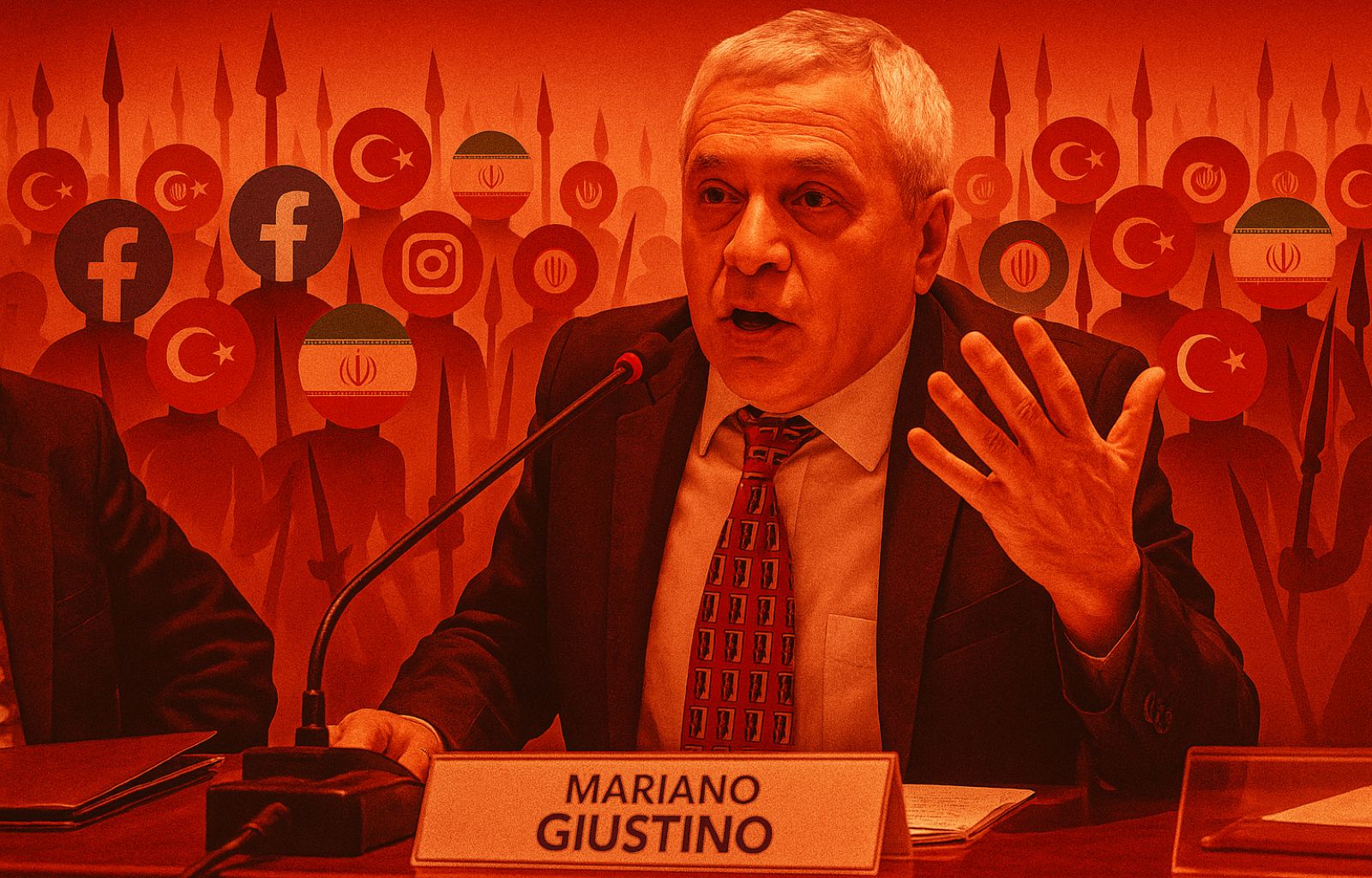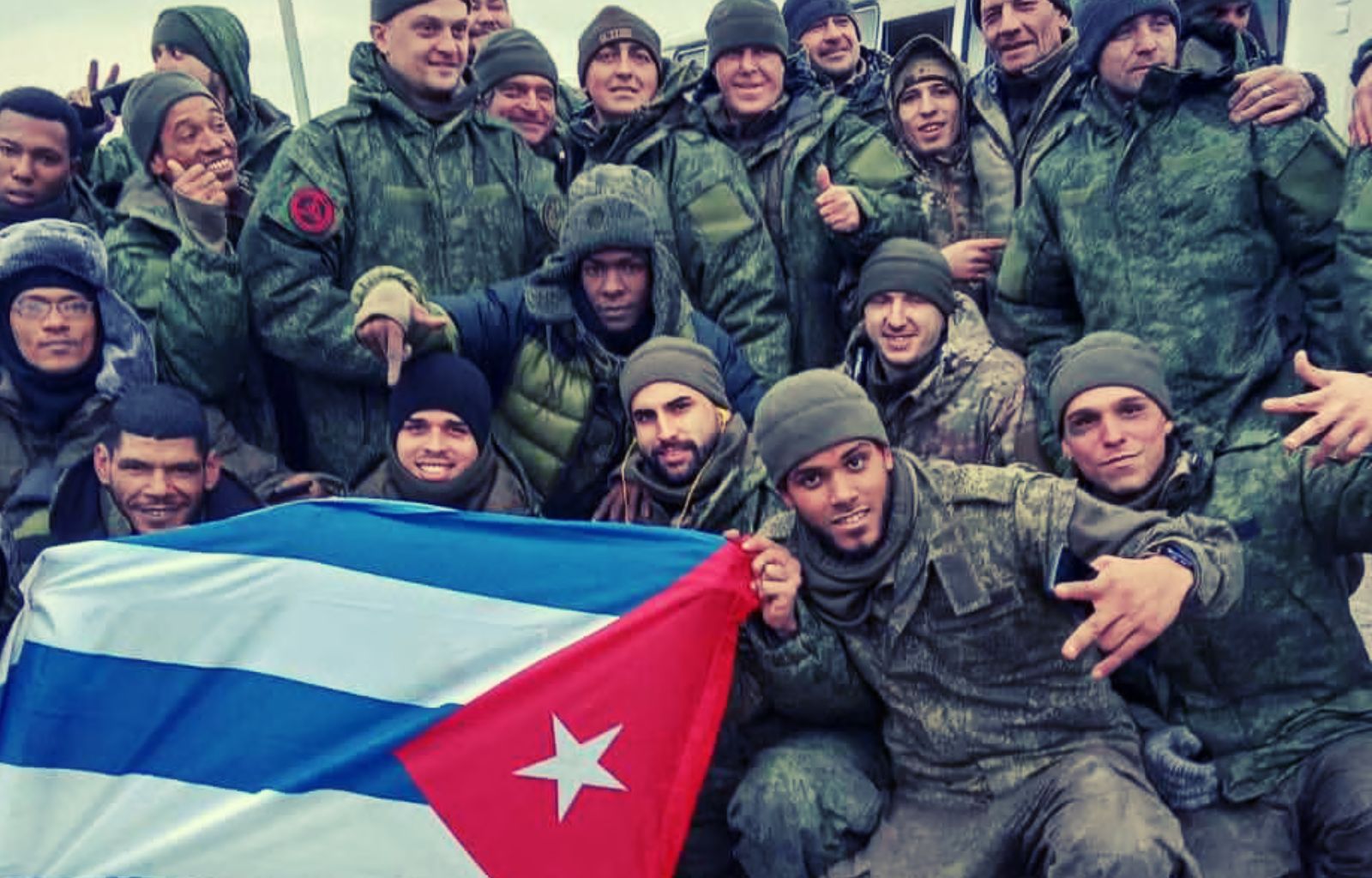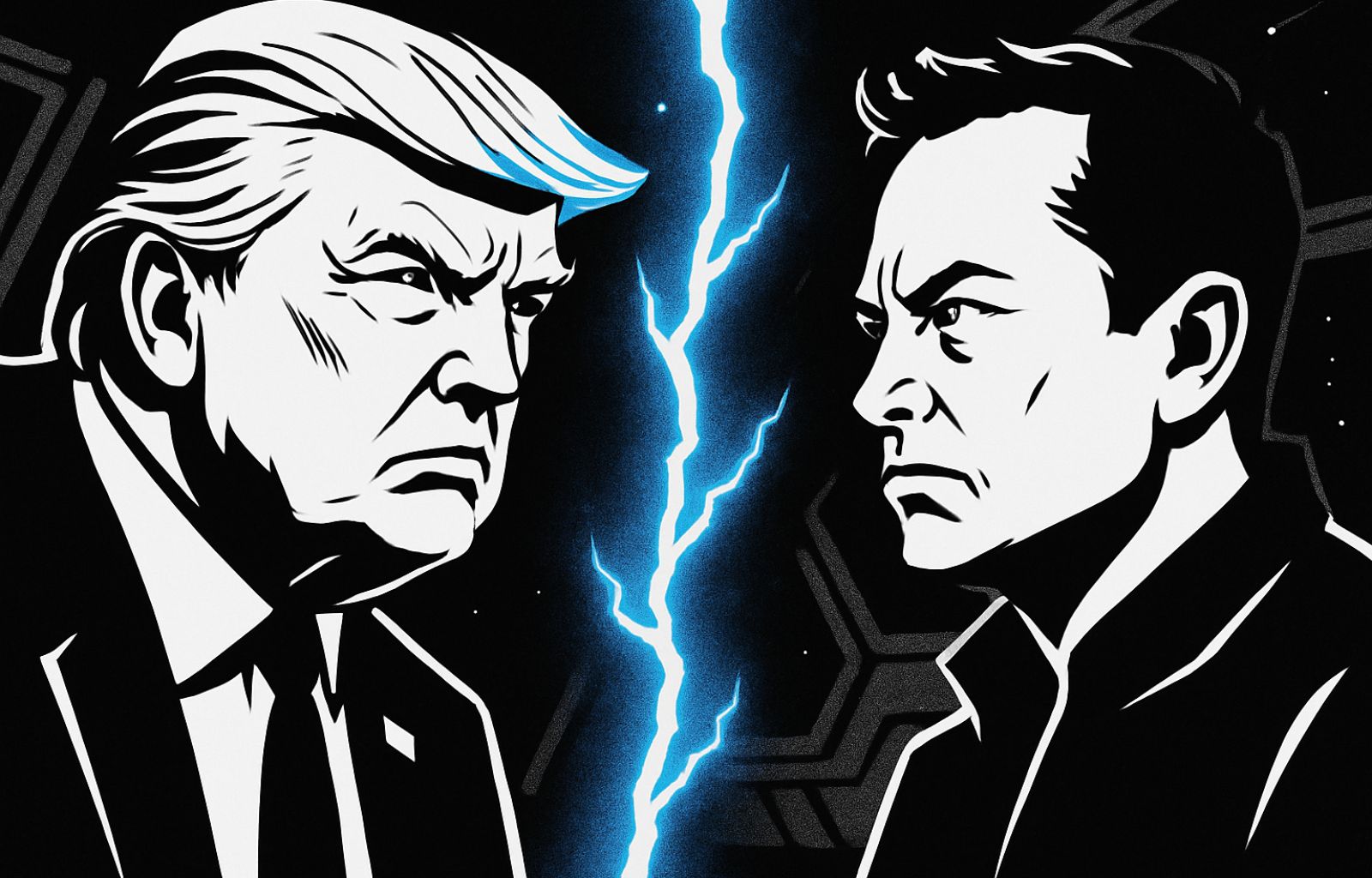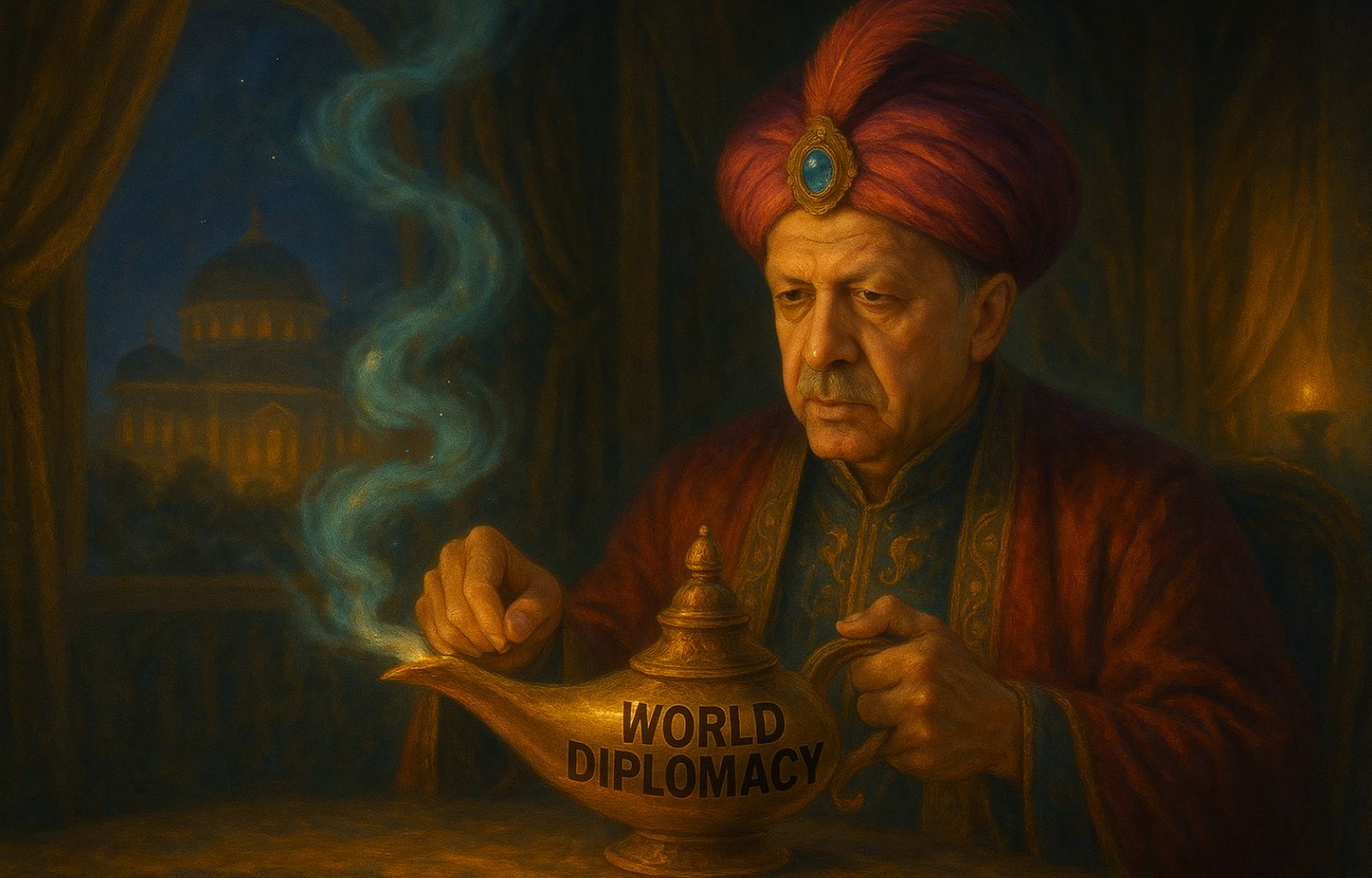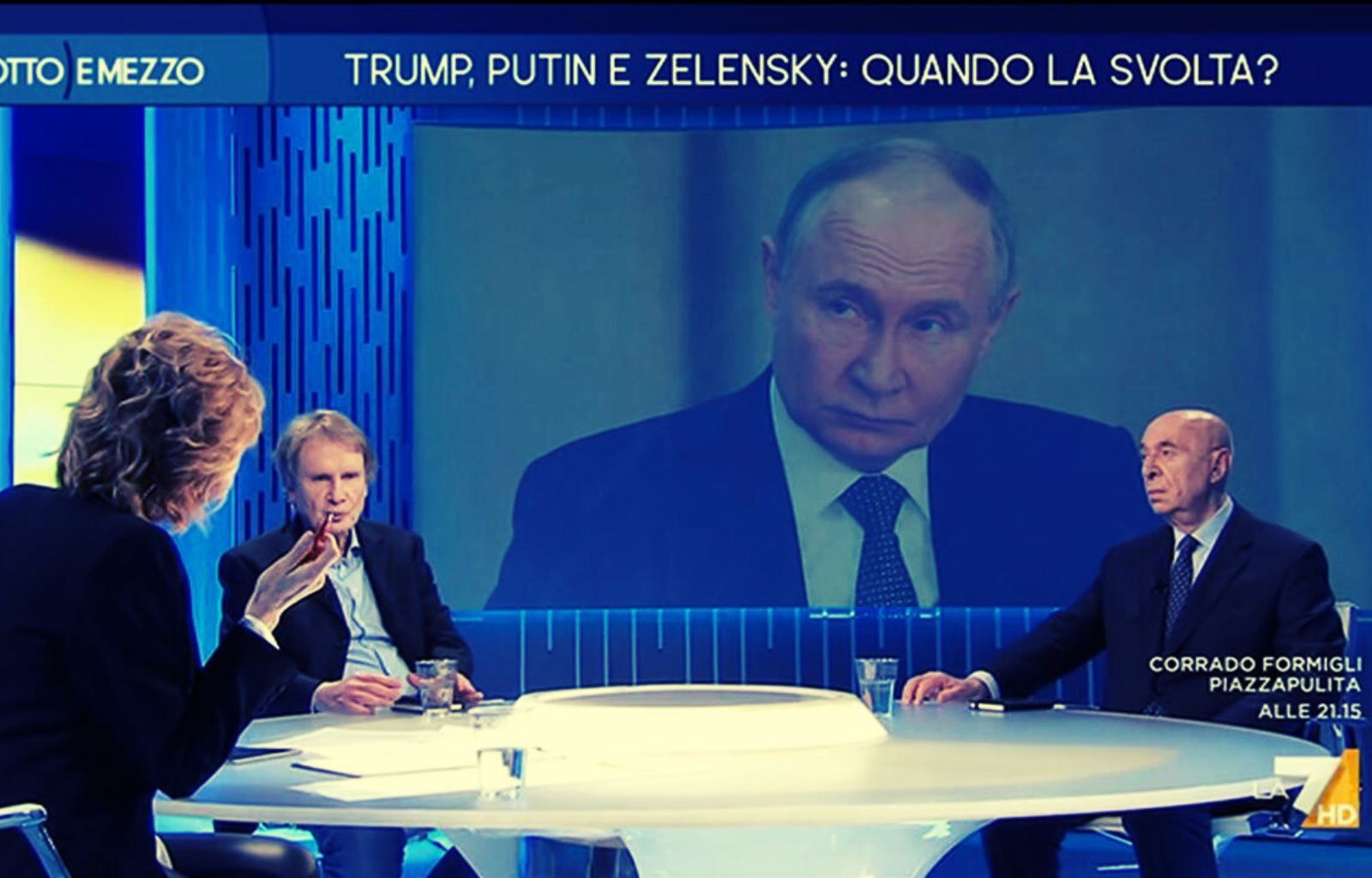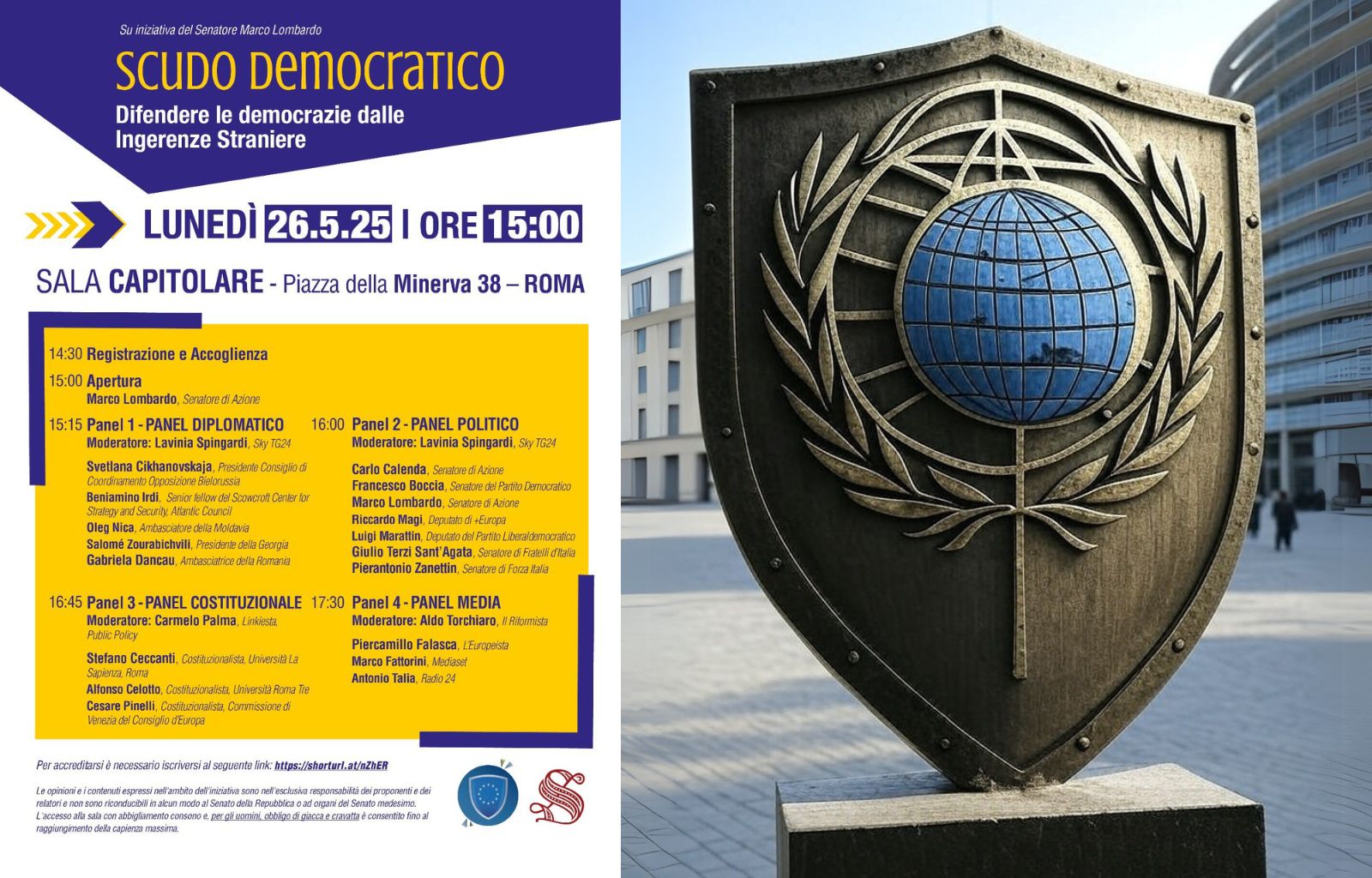Russia crisis: food is scarce, the treasury is languishing and Putin has run out of alibis

A tired, impoverished, now even hungry country. It is the portrait of an exhausted Russia, scraping the bottom of the oil barrel to sustain the war effort. A war that, in the Kremlin’s dreams of glory, should have led to a lightning victory in three days, is increasingly taking on the connotations of a three-year-long defeat, suffered on every front: military, economic, civil, political.
A country scraping the bottom of the barrel of oil
Missing, by Putin’s own admission, are even potatoes, the staple food of the Russian diet. Those that are available, as in any war economy, have seen an unprecedented 133%price hike, making their purchase now prohibitive for the working class. Similarly, the cost of vegetables has doubled in the past year, in a food famine that reflects the severe structural imbalance gripping the country’s economy, which is grappling with inflation estimates of 7.6% year-on-year that bring consumption to its knees.
The recipe for disaster is quickly explained. The war torsion, in fact, has pushed military spending to 7.1% of GDP, the highest figure recorded since the times of the USSR, an increase of 38% since last year, with over 40% of the 2025 budget earmarked for defence and security spending. This is an increase that far exceeds Moscow’s current financial possibilities, squeezed between the cap on the price of its crude oil, imposed by Western countries at USD 60 per barrel and down 20% since the beginning of the year, and the worrying increase in the budget deficit, which has jumped to1.7% of GDP and, above all, is galloping more and more with every passing month. The main culprits of the disruption are precisely the vertical collapse of hydrocarbon tax revenues(-17% year-on-year) and the concomitant stagnation of the economy, further frozen by the central bank’s sustained interest rates, at 20% this month. To provide a measure of the phenomenon, the European Union alone reduced its hydrocarbon supply from Russia by 85% from 2022 to 2024, causing a EUR 122 billion drop in the Kremlin’s energy revenues.
The haemorrhaging of accounts, the end of alibis
The treasury therefore appears condemned to an unremedial haemorrhage, given the impossibility of adjusting military outlay downwards at a time when the Ukrainian counter-offensive is reporting significant successes in key theatres of the conflict. Animpasse, this one, not even shaken by the recent increase in the tax levy, with the painful abandonment of the emblematic flat tax and an increase in taxes on companies and individuals for many income classes. Thus it is, in an implicit admission that has the taste of defeat, that the Tsar declares that resources are running out, and with them also the soldiers, ever younger, to be sent to the front. According to Radio Free Europe’s estimates, in fact, by the summer the death and wounded toll in the Russian deployment will reach one million men, with the highest mortality rate since World War II. Now, providing a further deterrent to voluntary enlistment, is the sharp cut in several provinces of the country of the generous pecuniary bonuses provided for recruitment, which until a few months ago were higher than the average annual income of Russian citizens. This is just one of the many practical implications of a crisis that also sees the progressive drying up of the Sovereign Wealth Fund, which is increasingly short of liquidity, deployed in the urgent need to patch up the considerable budget holes. Just four years ago, in fact, reserves amounted to 117 billion dollars, while today only 31 billion remain: a bleeding that leads some estimates to predict the substantial exhaustion of funds by next autumn.
Thus, the chauvinist rhetoric, once strong with an unquestionable consensus, now seems to be beating a retreat, cracked by the cracks of a country in exhaustion. The Tsar appears increasingly naked, unable to hide behind the screen of geopolitical ambition that today, as its only fruit, produces the conspicuous weakening of the economic and social fabric of a nation that believed itself an empire and rediscovers itself as a province of the developed world, destined to a political, technological and commercial isolation that condemns it toglobal irrelevance.

